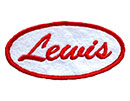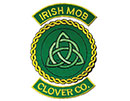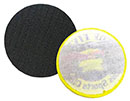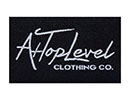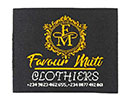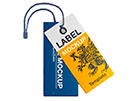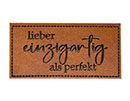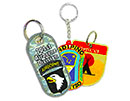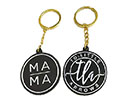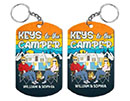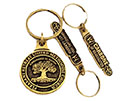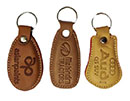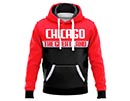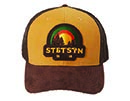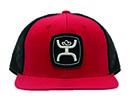Private Label
We make Custom Embroidered Patches with Iron on/Velcro in 12-work days – 35% Off to Resellers – 5-Day Rush Turnaround (Rush Fee)
Free Design Setup, No Minimum Quantity, Free Art Modification, Fast Shipping on All Orders. 100% Satisfaction Guarantee!
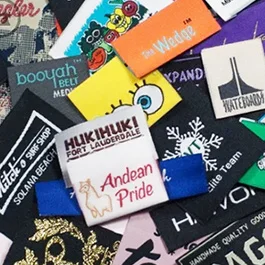
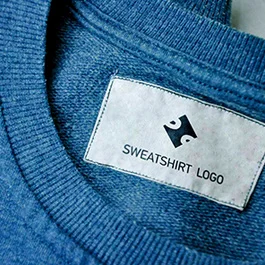

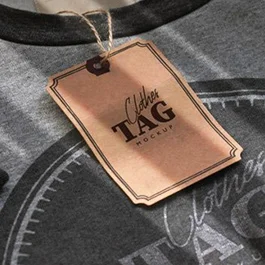

Establishing Your Private Label Identity
Creating a brand for private label products involves defining a unique identity that resonates with the target audience. This includes selecting a brand name, logo, and design that reflect the values and appeal of the products. A strong brand identity differentiates private label products from competitors and builds recognition among consumers.


Get A Quote
Get a Quote
Forming Manufacturing Partnerships
Successful private labeling relies heavily on forming solid manufacturing partnerships. These partnerships are crucial for ensuring product quality, timely production, and cost-effectiveness. When selecting a manufacturing partner, consider factors like production capabilities, quality control standards, and reliability.




Tailoring to Market Demands
Product customization in private labeling allows brands to tailor products to specific market needs and preferences. This involves adapting product features, packaging, and even formulations to meet the demands of targeted consumer segments. Customization helps in differentiating private label products from generic offerings and can cater to niche markets.
Conducting Market Research
Conducting market research is critical for private label success. It involves analyzing consumer behavior, preferences, and emerging trends to inform product development and marketing strategies. Understanding what consumers want, their purchasing habits, and what gaps exist in the market can guide the creation of products that meet actual needs.


Ensuring Quality Control
Quality control is paramount in maintaining the integrity and reputation of private label products. This involves setting and adhering to strict quality standards throughout the production process. Regular inspections, testing, and audits are essential to ensure that products meet these standards consistently.




Crafting Your Product's Visual Appeal
Label design is a crucial element in private labeling, as it is often the first point of contact with the consumer. An effective label should be visually appealing, informative, and reflective of the brand’s identity. It should stand out on shelves, convey the product’s benefits, and resonate with the target audience.
Effective Cost Management Strategies
Cost management is critical in private labeling to ensure profitability. This involves optimizing production costs, supply chain efficiency, and pricing strategies. Keeping costs under control without compromising on quality is key. Negotiating better terms with suppliers, reducing waste, and improving operational efficiency.

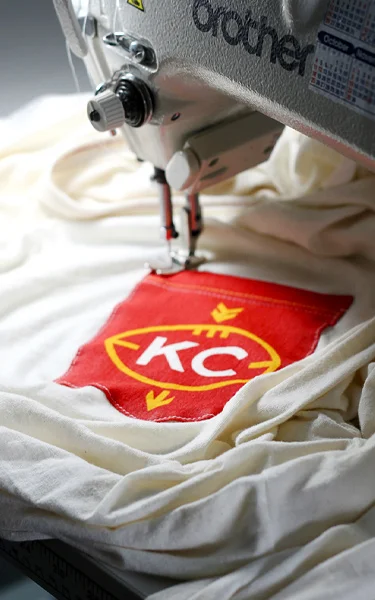

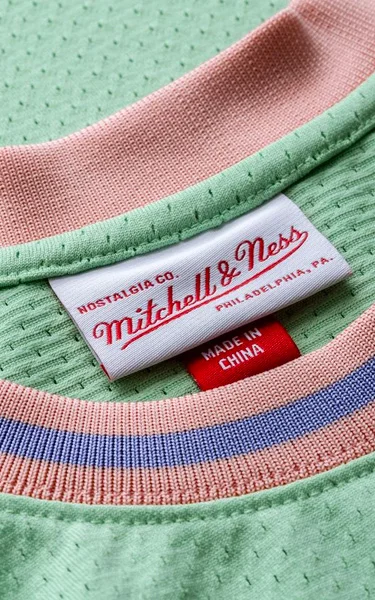
Utilizing Distribution Channels
Utilizing effective distribution channels is crucial for the success of private label products. This includes selecting the right mix of online platforms, retail stores, and wholesale distributors to reach the target audience. Each channel offers different advantages and can help in building brand presence and accessibility.
Building and Nurturing Retailer Relationships
Strong retailer relationships are essential for the distribution and success of private label products. Collaborating with retailers involves negotiation, understanding their needs, and aligning with their goals. Building a strong rapport can lead to better shelf placement, promotional support, and loyalty.




Fostering Consumer Loyalty
Fostering consumer loyalty in private label brands involves delivering consistent quality, value, and positive customer experiences. Building a loyal customer base means engaging with consumers, understanding their needs, and responding to feedback. Offering excellent customer service, loyalty programs, and regular communication through social media and other channels.
Competitive Pricing
Competitive pricing in private labeling involves setting prices that appeal to consumers while ensuring profitability. This requires a thorough understanding of the market, competitors’ pricing, and the perceived value of the products. Pricing should reflect the quality and uniqueness of the products, yet remain attractive to the target audience.
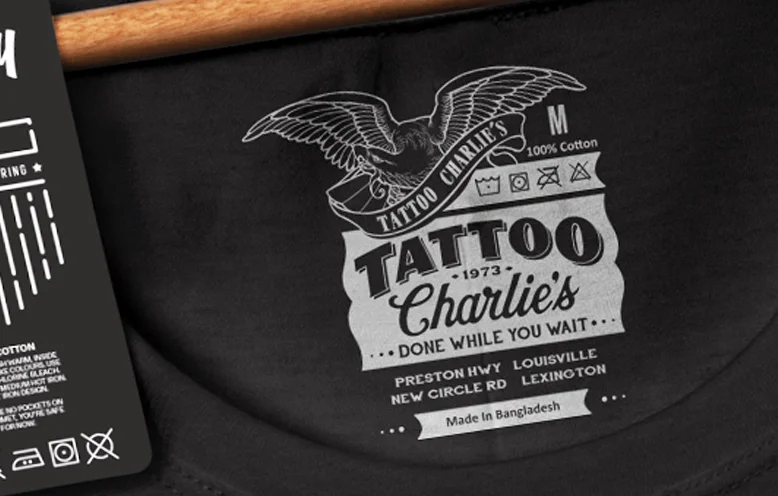



Developing Marketing Strategies
Developing effective marketing strategies is essential for building brand recognition in private labeling. This involves creating targeted campaigns that highlight the unique selling points of the products. Utilizing various marketing channels such as social media, email marketing, influencer partnerships, and content marketing can increase brand visibility and engagement.



















